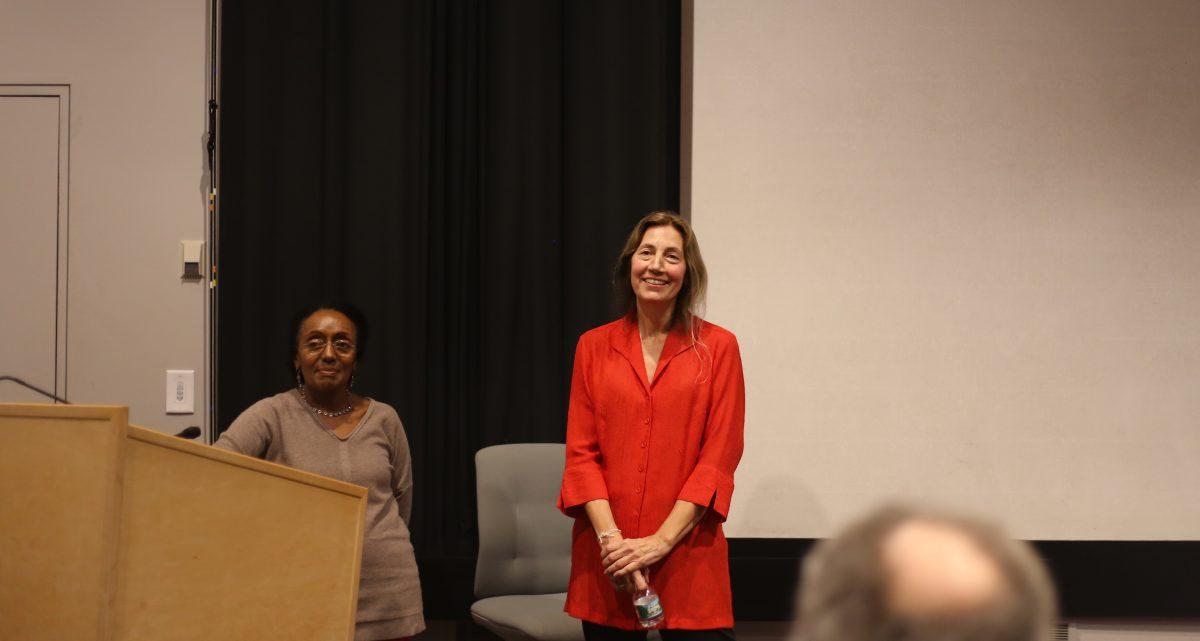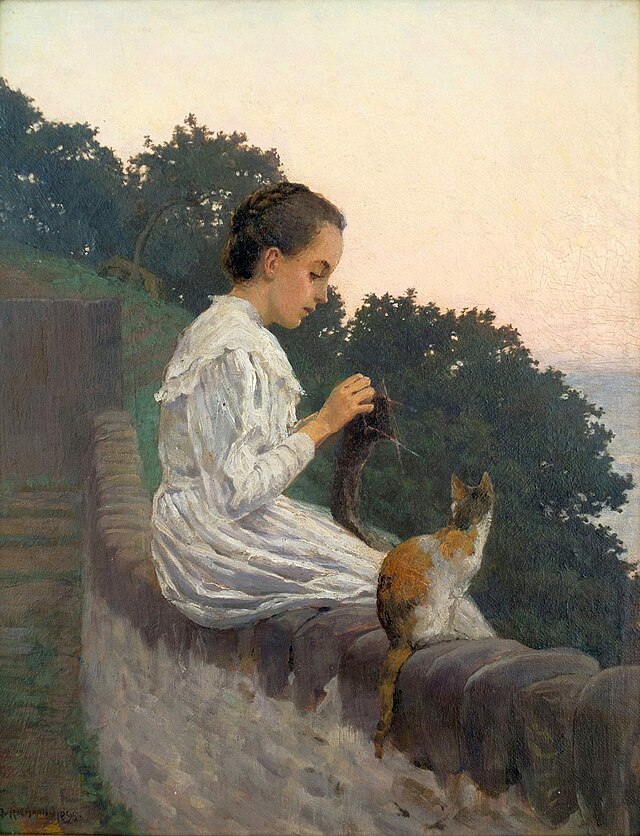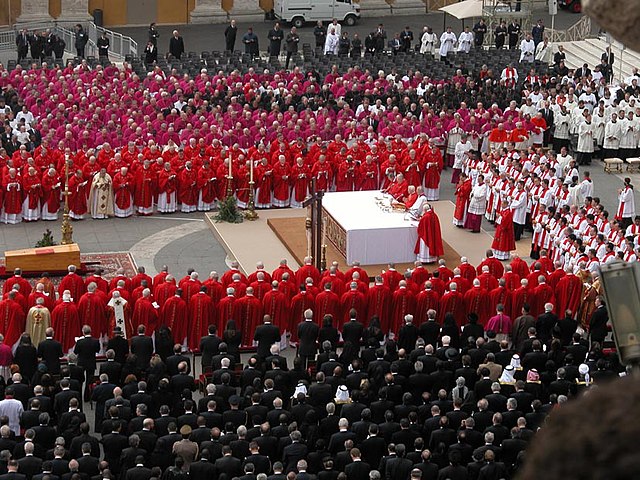There are stories told in every family.
In Alexandra Anthony’s family, one such tale was that of her cousin Lucas, the boy who was kidnapped at age five from his home by his mother and shuffled all over the world.
In “Lost in the Bewilderness”, Anthony—who wrote, directed, filmed, edited and narrated the film—tells us the fascinating story of what happened next.
Although it involves investigators, Interpol and embassies across the globe, “Lost in the Bewilderness” is not a detective story. Lucas was not lost and found so much as stolen and returned. Just as Lucas’s mother took him away without warning, she sent him back with an equally unexpected phone call eleven years later.
This is where “Lost in the Bewilderness” truly begins. Lucas, now sixteen, is reunited with his family and returned to Greece but remembers next to nothing about either.
The story, while incredible, is relatively simple. The film is, however, anything but. Throughout “Lost in the Bewilderness”, Anthony draws parallels between Lucas’s story and Greek mythology. The parallels themselves are interesting, but the writing itself also serves to highlight another fascinating aspect of the film—it is at once uniquely Greek and almost universal, quite like Greek mythology itself.
Similarly, although “Lost in the Bewilderness” is about a specific family dealing with very unusual circumstances, there is a general appeal – an amazing relatability. In watching the family I still often saw my own family reflected. And, judging from the reactions of my fellow audience members at the screening last Thursday, I was not alone.
But the complexity of “Lost in the Bewilderness” comes from more than just the inclusion of mythology. With a story like Lucas’s, we almost expect a certain trajectory: “Boy is lost. Boy is found. Boy is reunited with his family. The end.” Though not quite as standard, showing the boy’s reintegration into his family, particularly after a very long absence, is not unheard of. But that’s not what happens. Instead of calling it a wrap, Anthony keeps filming—and not just for one or two years, but for more than 20. In doing so, “Lost in the Bewilderness” doesn’t just tell a story but makes a statement about the importance of storytelling, especially in choosing to end where it eventually does. Stories can last indefinitely, unlike just about everything else, including their subjects. But while they have the potential to go on indefinitely, they only continue to do so as people keep telling them. Just like memories, they can be forgotten, and once they are, they’re gone. And sometimes, particularly dealing with family stories, those absences are almost palpable. I, for one, know that there are gaps in my family history I will very likely never be able to fill, and there’s nothing I can do about that. What I can do is learn the stories I can and preserve them. That’s all anyone can do. While family stories might not always have the makings of a compelling feature-length documentary, “Lost in the Bewilderness” demonstrates that, at least sometimes, they do.




